About Us
Who We Are
ArcticNet Inc., a Canadian non-profit organization founded in 2003, aims to advance knowledge that supports adaptation strategies and national policies addressing the impacts and opportunities of climate change in the Arctic. To achieve this, ArcticNet supports northern research, capacity building, and policy development. Its distinctive approach bridges scientific expertise with Indigenous knowledge, treating both as equally valuable sources of insight.
The organization is funded mainly by the Government of Canada–initially through a program called the Network of Centres of Excellence (2003-2025), and currently by the program’s successor, the Strategic Science Fund (as of 2024). Over two decades, ArcticNet has funded over 230 multidisciplinary projects across Inuit Nunangat and the broader Canadian North. ArcticNet has trained over 4,000 Highly Qualified Personnel (HQP) across 140 Canadian institutions.
ArcticNet has an extensive network of partnerships with 60 Indigenous organizations, 12 Canadian (federal and provincial/territorial) government agencies, 48 communities, over 40 post-secondary institutions, and research teams from over 25 collaborating countries.
Through these efforts, ArcticNet works toward its vision to inspire discovery and empower knowledge for a flourishing Arctic.
The Impacts of Climate Change
In the Arctic regions, where rapid transformation is shaped by climate, environmental and socio-economic change, impacts are felt first and most severely in Arctic communities and territories.
The reduction of coastal sea-ice hinders Inuit traditional hunting, reduces the habitat of unique Arctic fauna, increases exposure of coastal communities to storms. Changes could soon open the way to intercontinental shipping, raising new challenges to Canadian sovereignty and security. In the terrestrial coastal environment, warmer temperatures and permafrost thaw disrupt transportation, buildings and other infrastructure.
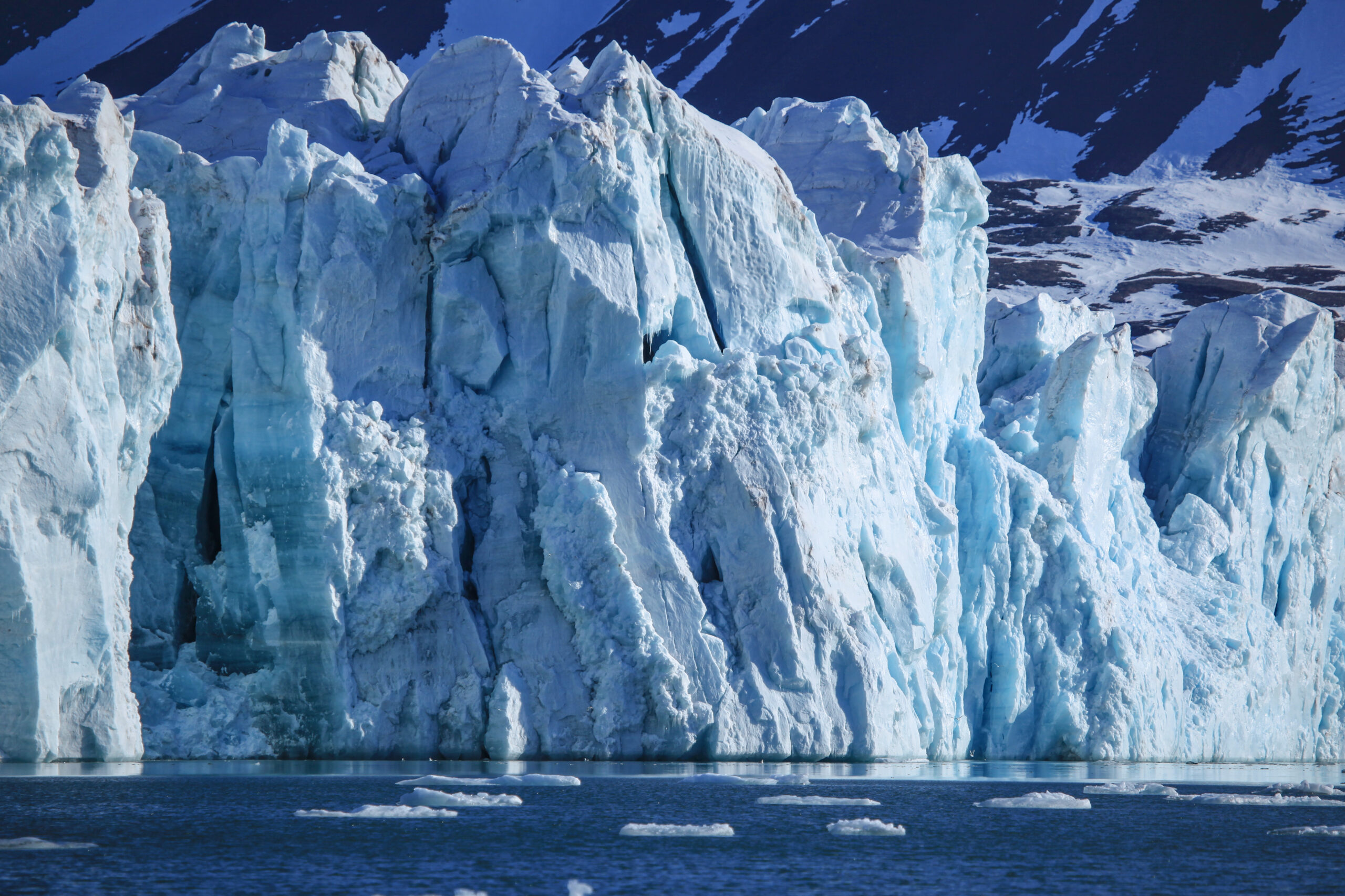
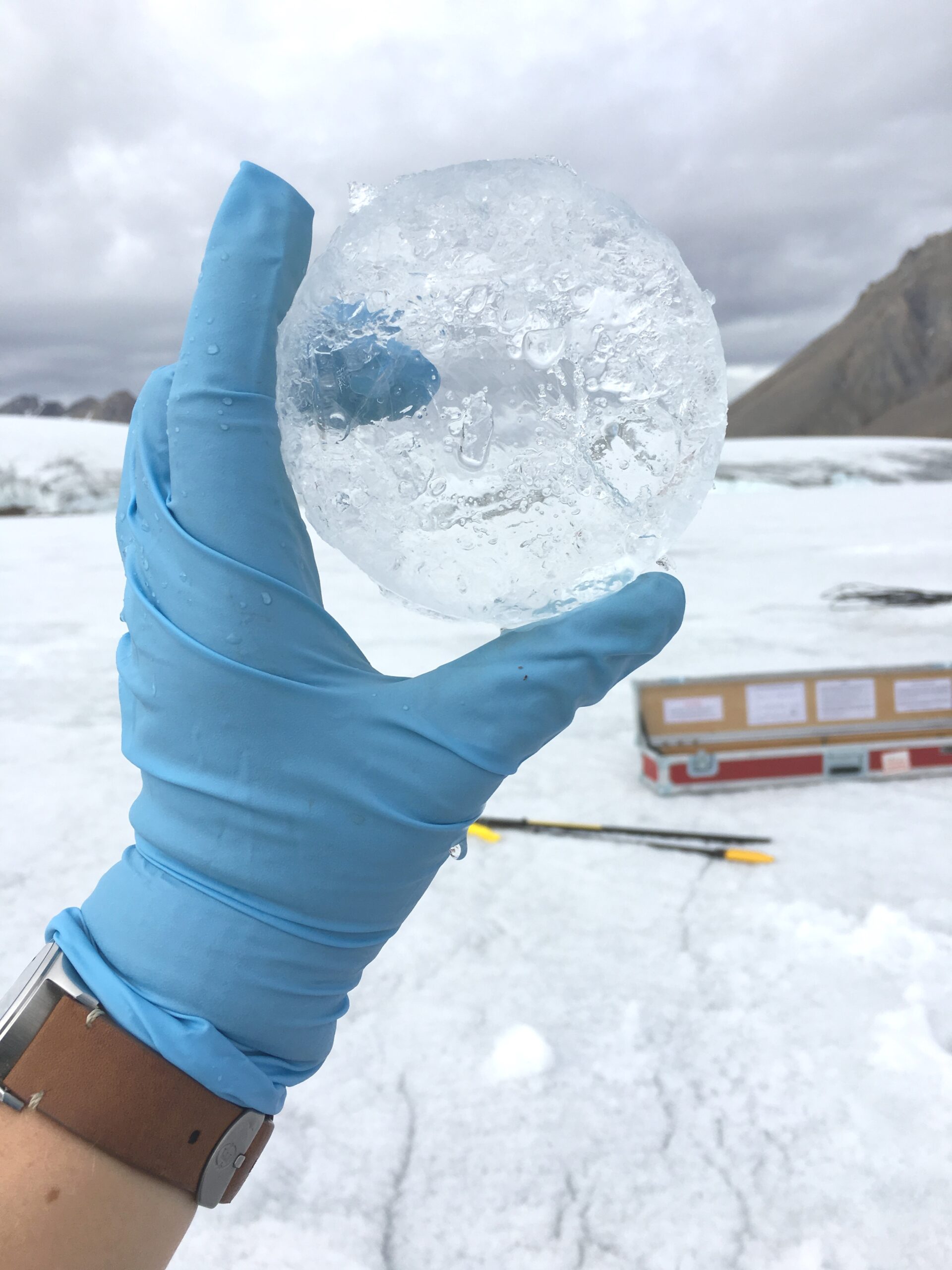
Our Vision : Inspiring discovery and empowering knowledge for a flourishing Arctic
Our Mission
ArcticNet enables a flourishing Canadian Arctic by inspiring world-class research and capacity building. We are guided by partnership, collaboration, and empowering and respecting Indigenous self-determination.
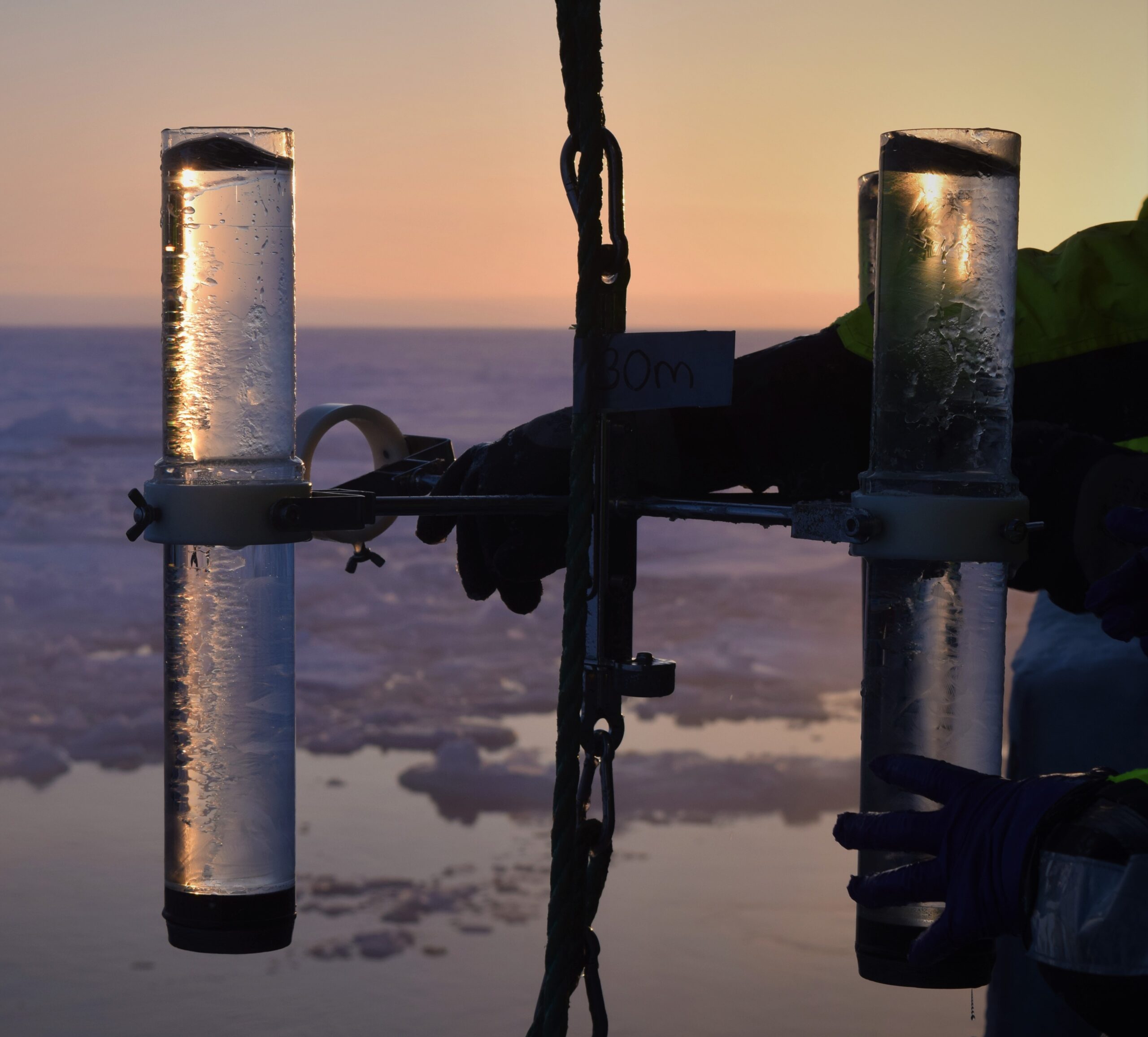
Our Goals
I. Sustainable – ArcticNet has multiple sources of funding.
V. Commitment to partnership– ArcticNet’s Board reflects its commitment to partner with Inuit.
II. Global leader - ArcticNet is recognized as a trusted source in Canada and internationally for its excellence in Arctic research.
VI. A catalyst for change – ArcticNet research supports evidence-based decision-making and strengthens Inuit, First Nation and Métis self-determination in decisions, policy-making, monitoring, and assessments across the Arctic and the broader Canadian North in areas such as climate change.
III. Model for inclusive research – ArcticNet is a model, both domestically and globally, for equitable and ethical collaboration that supports diversity, including Indigenous-led and self-determined research.
VII. Fostering community - ArcticNet is committed to creating a sense of belonging across its many communities.
IV. Talent builder – ArcticNet helps to develop critical research capacity and talent in the Arctic.
Our Values
- Respectful
- Collaborative
- Inclusive
- Ethical
- Equitable
- Innovative
- Accountable
- Transparent
- Adaptable
- Evidence-based
Our Principles
- Lead by example – act with integrity and respect
- Engage often and nurture partnerships
- Embrace equity, diversity, and inclusion
- Enable Inuit, First Nation, and Métis self-determination in research
- Communicate frequently with internal and external audiences
- Advance innovation, scientific discovery, and evidence-based decision making
- Demonstrate the value of diverse knowledge systems.
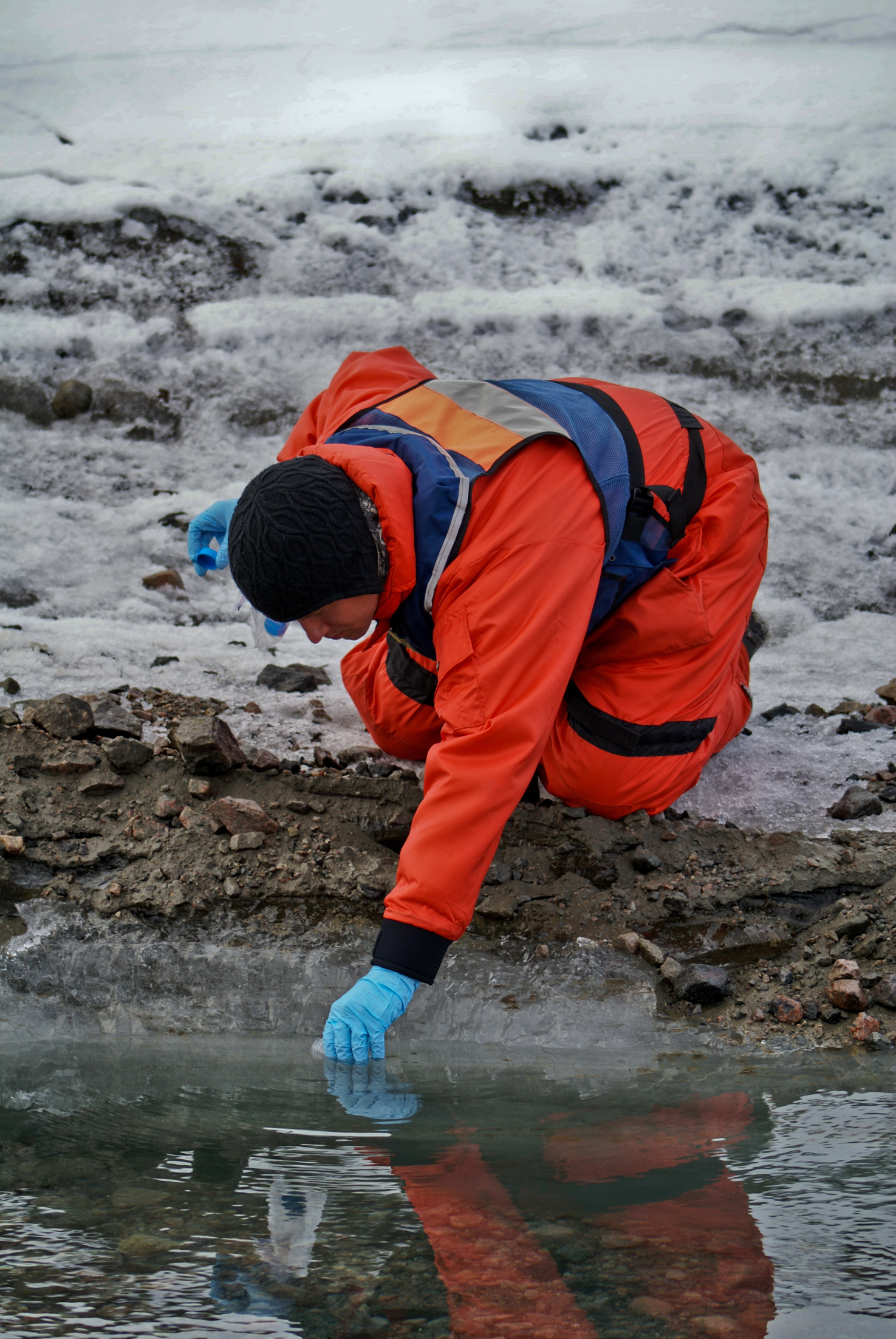
Leaving A Legacy: 20 Years of ArcticNet
In December 2023, the Government of Canada announced that ArcticNet will be funded for the next five years in partnership with the Strategic Science Fund (SSF). To symbolize this new era and to recognize the last 20 years of achievements, ArcticNet has spent the last few years collecting testimonies from those with a vested interest in ArcticNet’s success, ranging from 2003-2024, coming together to create its legacy project, entitled Leaving A Legacy.
The Directors



Philippe Archambault
Scientific Director
philippe.archambault@bio.ulaval.ca
Our Team
Administration
ArcticNet staff collaborate on a daily basis on behalf of the organization. The administrative center is based at the Université Laval campus in Quebec City, Quebec, and the University of Ottawa in Ontario.
Governance
Partners
Partners and Member Institutions
ArcticNet works with Inuit organizations, northern communities, federal and provincial agencies and the private sector to advance our collective understanding of the Arctic region.
Inuit Advisors
Inuit advisors implicate and support the Inuit community to undertake research activities within their regions regarding contaminants, climate change and environmental health.
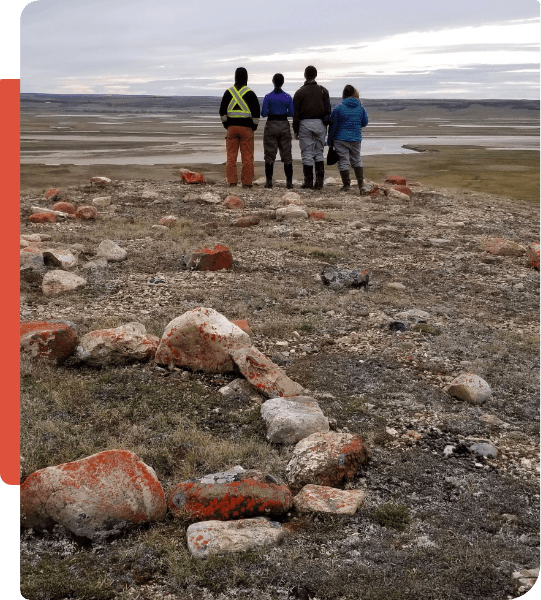
Shared Experiences and Equity, Diversity and Inclusion (EDI) Strategy
Diverse and inclusive teams produce more creative and innovative science. ArcticNet is committed to sharing the responsibility to promote positive change and cultural inclusion within the Network.
Key Documents
Annual Reports
Since 2004, ArcticNet researchers have been hard at work studying the impacts of climate change and modernization. Network highlights are captured in our Annual Reports.
Brand Assets
The ArcticNet logo is available in blue, black and white as needed. Logos are available here for download for use in reports, presentations, posters etc.